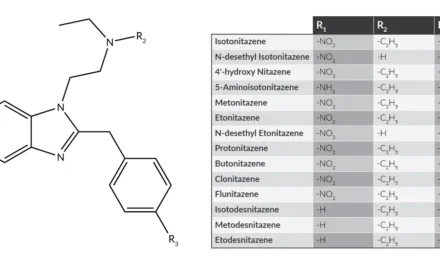This is certainly of interest – a longitudinal study that involved some 13,000 US smokers and concludedthat switching from cigarettes to electronic smoking is not, despite what we may have heard, the most effective way to prevent relapse to cigarettes. Here’s a link:
Using e-cigarettes to prevent smoking relapse doesn’t work well, study finds
That’s news because it was the alleged superiority of e-cigarettes that sold Americans on the new product in the first place. Vaping, we were told, was the surest way to wean a smoker off their favorite brand. Research from the UK showed those who went electronic were 80% more likely to stay off cigarettes than those who used other methods. It was truly impressive.
But was it true?
I had several friends and colleagues switch to e-cigarettes soon after that information was made public — longtime smokers all. who might still sneak a coffin nail from time to time, but were now puffing away on a vape device. Oh sure, they were still addicted but as long as they weren’t at elevated risk for lung disease, so what? They’d get used to the electronic kind first, and quit nicotine altogether at some future point.
Except that “…the evidence indicates that switching to e-cigarettes made it less likely, not more likely, to stay off of cigarettes.” Quote from one of the leaders of the research effort.
Whoa. The article goes on to say that “…50% of former smokers who quit tobacco “cold turkey” were off cigarettes at the second annual follow up, but only 41.5% of those who used any other form of tobacco use, including e-cigarettes, had quit successfully.”
It’s only a 9% difference. But if quitting cold turkey is more likely to be successful than vaping, why spend all that cash on e-devices?
In purely harm reduction terms, vaping is still a way for some smokers to reduce risk for certain consequences while continuing smoking. There’s value in that. Although e-cigarettes may not be as safe as believed: for instance, there’s that Johns Hopkins study that uncovered a multitude of unidentified chemicals in electronic cigarettes. A link to that:
Thousands of Unknown Chemicals Found in E-Cigarettes
Then there’s the question of whether e-smoking itself may be more difficult to give up than your Marlboros or Newports. Lawrence Medina, who runs an addiction program here in New Mexico, experienced this.
“I relapsed many times,” he reports. “It took me three tries to quit vaping. My mind was telling me that what I was doing wasn’t harmful like cigarettes…” Which made it easier to excuse relapses. “I think there was more nicotine in the vaping than in the cigarettes, and that may have made it more difficult to quit.”
I should mention EVALI, a type of severe lung injury thought to be related to vaping. Translation: “e-cigarette or vaping use-associated lung injury.” Some of the increase there will be related to the practice of vaping cannabis, but not all. This from the CDC:
Outbreak of Lung Injury Associated with the Use of E-Cigarette, or Vaping, Products
I’m guessing that some of the original enthusiasm for e-smoking may have been premature (it happens). Nonetheless, vaping is still going strong in Great Britain. Per Bloomberg News:
England May Become First Country to Prescribe E-Cigarettes
Well, at least they’ll have to apply the same rules and restrictions to vaping as other prescription medications. Or so I would hope.












